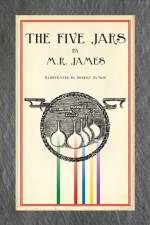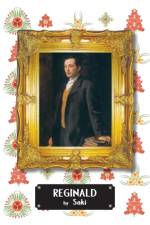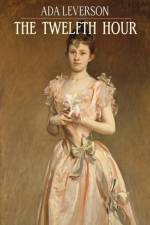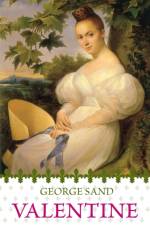av M. R. James
171
The great M. R. James is the undisputed master of the ghost story. So what happened when he set his sights on writing a fairy tale? Nothing less than eerily bewitching magic... In this brilliant tale which takes the form of a letter to a girl called Jane, the unnamed main character, a man much like James himself, a studious and quiet gentleman, tells of his strange experiences recently. His five senses have been behaving oddly lately - he begins to hear whispering words in the rush of a stream; stopping for a rest, he dreams of a strange plant growing between tree-roots in a wood through which the stream runs. On waking, and led along by the stream's whispering, he finds that the place and the plant are indeed real. He eats part of it, and a very peculiar thing happens - suddenly he can see under the ground! Astonished and fascinated, he walks on. To his amazement, his new deeper vision enables him to spy, buried a few inches beneath the surface, a mysterious metallic box. Intrigued, he digs it up, but it seems completely sealed. Late that night, back in his room, just when the moon shines directly onto the box, cracks appear! Inside are five jars, with odd ancient writing on them giving tantalizing hints of what their contents might be able to do... Now begins a fascinating journey into a world none of us mere mortals can usually see: a world of weird enchantment, where all is not as it seems, where fantastic beauty is commonplace, where strange beings are hidden just out of sight everywhere, and yet disturbing danger lurks around every corner... Told in James' matter-of-fact prose, this journey into the unknown stirs rich colours into a cloud of imaginative fancy, stunningly creating an alternative world, just next to ours, which is both captivating and eerie. This edition contains 7 evocative illustrations by Gilbert James, which are precursors, in their combination of fine line-work and otherworldly atmosphere, to the work of Edward Gorey. Montague Rhodes James was born in 1862 at Goodnestone in Kent. He attended King's College, Cambridge, and later became its provost, leaving to take up the provost's position at Eton College. He published many scholarly antiquarian works, but quickly became known for his ghost stories, which are now recognized as the finest in the genre; of these, four collections were published. He died at Eton in 1936.










